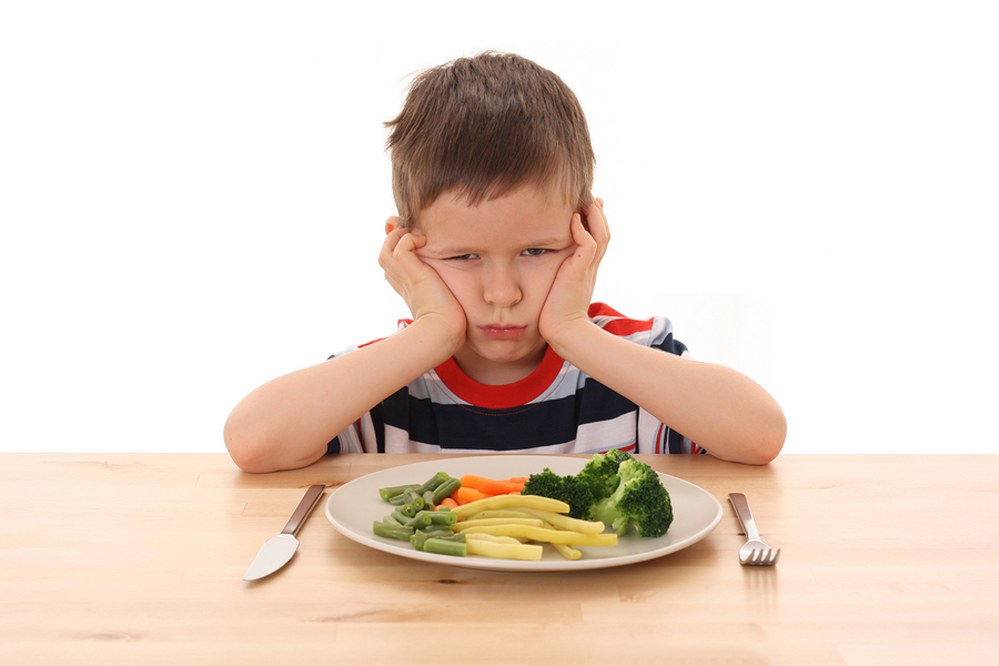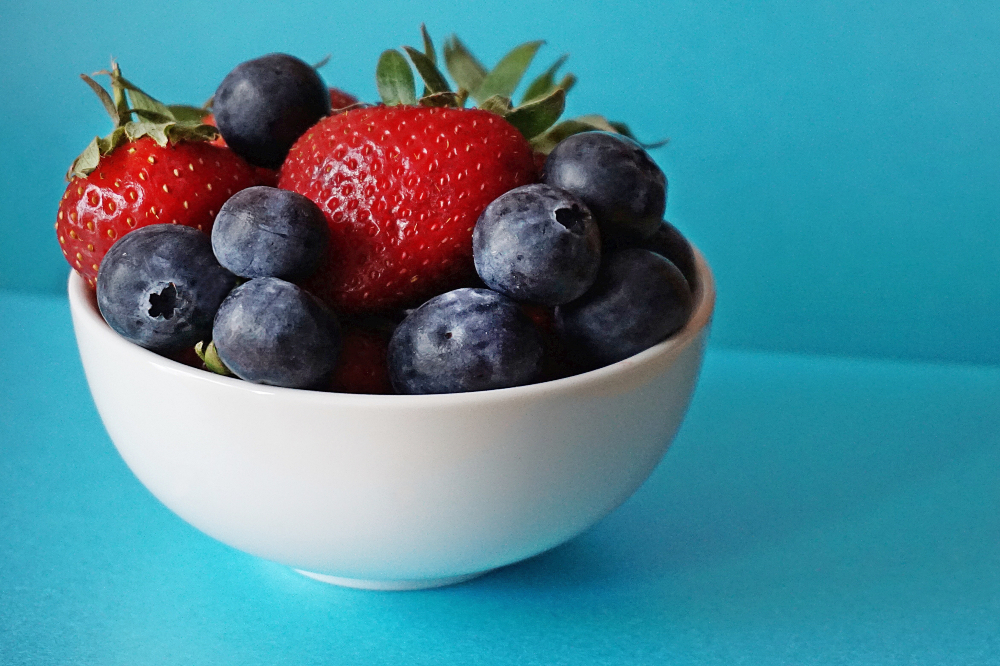Why vitamins are important for kids and when to give supplementary vitamins.
Most parents complain about their children being a picky eater or not eating healthy at all. It might seem a constant struggle to ensure that your kids are eating right and getting all the vitamins and minerals necessary for their proper growth. The easiest way to ensure that, is to make sure your child is eating from the five food groups – fruits, vegetables, dairy products, grain food and meat, fish, egg, etc. If you cannot ensure a balanced intake of vitamins and minerals for your kids, you should try our supplements with trustworthy softgel manufacturing equipment and ingredients. Let’s read on and find out more about vitamins for your kids!
Vitamins and growth in children
There is a direct correlation between vitamins, growth, and age. For instance, a lack of vitamin D can stunt your child’s growth. The number of vitamins required by children might vary depending on age. As your child grows, you need to adjust their vitamin intake to keep their growth on the right track.
Vitamins vital for kids’ growth
Some vitamins and minerals are vital for every child’s overall wellbeing. To start you off, we have prepared a list of vitamins important for kids:
Vitamin A
Vitamin A is vital for bone structure, healthy skin, and the immune system. As a rule of thumb, most of the yellow foods contain vitamin A. You can get vitamin A from carrots, cheese, eggs, and milk. Babies and young children need to get the required amount of vitamin A.
Vitamin D
Young children and breastfed babies should be given vitamin D as a supplement. Vitamin D deficiency can lead to bone disease and rickets. Our bodies create vitamin D from direct sunlight on our skin when we are outdoors. Oily fish, egg yolk, and butter also contain a small amount of vitamin D.
Vitamin C
Citrus fruits like kiwi, strawberries and oranges, tomatoes and many vegetables are a good source of vitamin C. Vitamin C helps fight infection by building collagen. It also helps to absorb iron and build up the immune system. Cooking might however reduce the effect of vitamin C in vegetables, so consider offering them raw. In addition, many kids are not fond of eating their greens, so taking a Vitamin C supplement to ensure your kids’ health and wellness is a good idea.
Vitamin B
Meat, cheese, fish, nuts, eggs, and milk contain vitamin B. Vitamin B has subgroups like B1, B2, B3, B6, B12 that have different effects on the body. For example, vitamin B12 promotes growth and produces red blood cells. Vitamin B2 and B3 extracts energy from our foods.
 When to consider supplementary vitamins for your kids
When to consider supplementary vitamins for your kids
In general, kids maintaining a healthy diet with grains, greens, dairy, and protein do not require supplementary vitamins. However, there are some exceptions, for example for kids with pre-existing conditions, deficiencies or with an unusual diet:
Supplementary vitamins for children with ASD
Supplementary vitamins can suppress some of the symptoms of autism. A magnesium supplement for autism can ease symptoms like hyperactivity and impulsive behaviour. Supplements can also be helpful for kids who prefer food with a certain texture, colour, or taste. With careful observation of your child’s eating habits you can map out their supplementary needs.
Vitamins for kids on a vegan diet
Kids who follow a vegan diet might miss out on some important nutrients, such as vitamin B12, which is found in animal protein. Kids can experience deficiencies if these vitamins are not supplemented. Children on a vegan diet will therefore need additional vitamins to make up for any nutritional loss. Carefully planning your family’s diet adding sustainable, plant-based proteins and supplements will ensure proper growth for your kid.
 Supplementary vitamins for babies and young children
Supplementary vitamins for babies and young children
Babies who are breastfed can be given a vitamin D supplement. As our bodies create vitamin D from direct sunlight and the intake of foods, such as oily fish, eggs, and meat, babies have little opportunity to absorb it. Infants who are just getting the hang of eating solids might therefore not get a sufficiently varied diet. Kids ageing 6 months to 5 years are usually recommended to take vitamin A, C, and D as a supplement to make up for this shortage.
Supplementary vitamins for picky eaters
Children who are picky eaters need careful observation to ensure they receive the vitamins they need. A restrictive diet can result in severe deficiencies, a poor immune system and stunted growth. Altogether vitamin deficiency can pose a threat to your child’s physical and mental wellbeing. If your kid is an extremely fussy eater, try consulting a paediatrician for advice on supplementary vitamins for kids.
 Vitamins for kids with unusual conditions
Vitamins for kids with unusual conditions
Some diseases like cancer, coeliac disease, inflammatory bowel disease, cystic fibrosis can increase your body’s need for nutrients. This is because some conditions affect the way the body absorbs nutrients causing severe malnutrition as a result. Children undergoing surgery may also require additional vitamins. Supplementary vitamins are a must for these children.
Vitamins from foods vs. supplementary vitamins
When vitamins come from actual food, they have some advantages over supplementary vitamins. For example, they taste better, cost less and are more potent in their action. So, in an ideal world, we should all maintain a balanced diet that can fulfil all our nutritional needs. Supplements can only plug the gap that our regular diet can’t fulfil.
 Vitamin doses for kids
Vitamin doses for kids
Before picking vitamins for your child consult a specialist for vitamin doses. You should also note that vitamins for adults and kids are vastly different. Pick vitamins that are especially formulated for children. As your kid grows, you can adjust the doses according to its needs.
Can your child overload on vitamins?
Overconsumption of vitamins can be harmful to the body. Vitamins that are fat soluble (vitamin A, D, E, K) can be toxic due to overconsumption. Some vitamin supplements look and taste like sweets. Precaution should be taken that your child cannot access the vitamins and eat more than the recommended dosage.
In conclusion, getting your kids to eat healthily might feel like a constant tug of war. As kids tend to mimic their parents, you can start by being a model healthy eater for your kids. Try to make them interested in vitamins and minerals from a young age. Bringing a variety of foods onto the dinner table can also help with getting them to try new things. If you are worried about your kid’s growth and wellbeing, consult a paediatrician to help with planning out a healthy diet with all the nutrients, minerals and vitamins for your kids’ needs.
If you liked our post, why not check out these articles from our Health and Wellbeing section:
- The 6 Best Natural Anti-Anxiety Tools
- How to Look After your Mental Health
- How to Start a Vegetable Garden for Kids
- How to Raise Happy Kids when You Are a (Stressed-Out) Single Parent
About Single Parents on Holiday
Thank you for reading our post! To receive our blog posts directly to your inbox, please subscribe to our blog. We don’t spam. We publish approximately one post per week on topics, which are of interest to single mums and dads, such as parenting tips, dating for single parents, travelling solo and single parent holidays.



